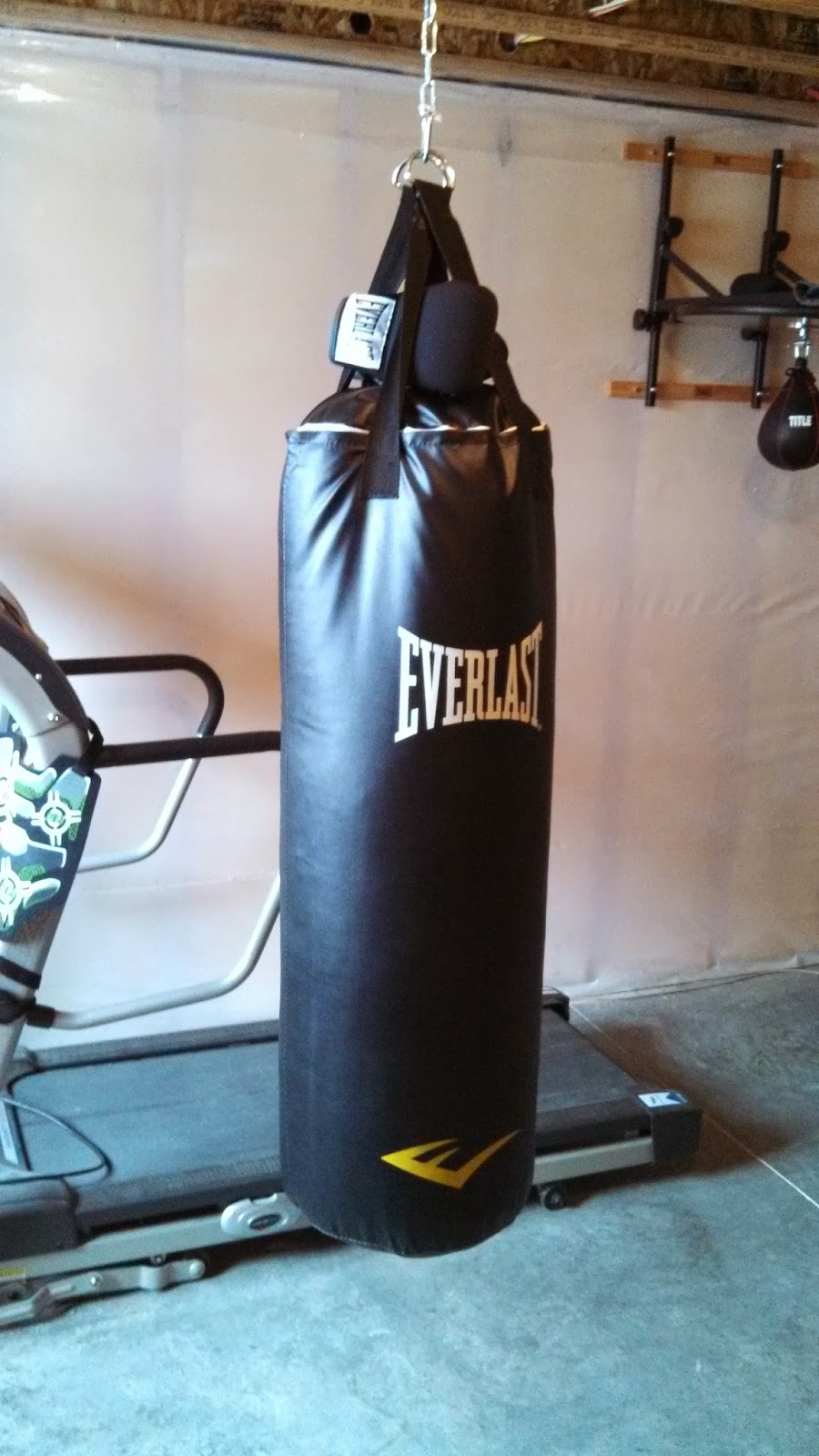Unlocking Punching Bag Power: The Ultimate Guide to Filling Your Bag
Ever wonder what's inside that heavy bag you're pummeling? The right filling is crucial for a satisfying and effective workout. Choosing the correct materials for your punching bag impacts its weight, feel, and longevity. This comprehensive guide dives deep into the world of punching bag fillers, exploring everything from traditional options to modern alternatives. We'll equip you with the knowledge to optimize your training and get the most out of every punch.
Choosing what to put in a punching bag might seem simple, but it's a critical decision that significantly affects your training. The wrong filling can lead to injuries, premature wear and tear, and an unsatisfying workout experience. Understanding the different options empowers you to make an informed choice tailored to your needs and training style.
Punching bags have been around for centuries, evolving from simple sand-filled sacks to the sophisticated training tools we see today. Originally used for combat training, they now serve various purposes, including fitness, stress relief, and competitive sports. As the uses of punching bags diversified, so did the materials used to fill them. This evolution has led to a wide array of options, each offering unique advantages and disadvantages.
The key issues when deciding on punching bag fillers revolve around density, weight distribution, cost, and maintenance. A densely packed bag offers a firmer feel, ideal for power training, while a lighter, less dense fill might be better for speed and technique. Balancing these factors is essential for achieving your training goals and preventing injuries. Improperly filled bags can also lead to uneven wear and tear, shortening the lifespan of your equipment.
Filling a punching bag involves selecting suitable materials and packing them correctly to achieve the desired weight and consistency. Common fillers include sand, fabric scraps, shredded rubber, and water. Each material has its own characteristics, influencing the bag's feel and performance. For instance, sand is dense and provides a firm feel, but it can settle over time, creating hard spots. Fabric scraps are a cost-effective option, but they may not provide the desired weight or resistance. Understanding these nuances is vital for selecting the perfect fill for your punching bag.
One benefit of carefully selecting punching bag filling is injury prevention. A properly filled bag absorbs impact effectively, reducing stress on your joints and hands. For example, a bag filled with tightly packed shredded fabric provides a more forgiving surface than one filled with compacted sand.
Another advantage is enhanced training effectiveness. The right fill can improve your power, speed, and technique. A denser fill, like shredded rubber, offers greater resistance, ideal for building power. Conversely, a lighter fill, such as air or water, allows for faster strikes, improving speed and technique.
Finally, the right filling material can extend the life of your punching bag. Materials like shredded rubber are durable and resilient, helping the bag maintain its shape and integrity over time. This reduces the need for frequent refilling or replacement, saving you money in the long run.
Creating a successful punching bag experience requires careful planning and execution. Start by determining your training goals. Are you focusing on power, speed, or technique? This will guide your choice of filling material. Next, consider your budget. Some materials are more expensive than others. Finally, think about the maintenance required. Some fillings require more frequent adjustments and refills than others.
Frequently Asked Questions:
1. What's the best filling for a heavy bag? The answer depends on your training goals and preferences. Common options include shredded fabric, rubber, and sand.
2. Can I use clothes for punching bag filling? Yes, old clothes and fabric scraps are a cost-effective filling option.
3. How much filling do I need for my punching bag? The amount depends on the size and type of bag. Refer to the manufacturer's recommendations.
4. How do I prevent my punching bag filling from settling? Regularly rotating and refilling the bag can prevent settling.
5. Can I mix different filling materials? Yes, you can combine materials to achieve the desired weight and feel.
6. What is the cheapest way to fill a punching bag? Using old clothes, towels, or other fabric scraps is a budget-friendly option.
7. How do I know if my punching bag is filled correctly? The bag should feel firm and evenly distributed, without hard spots or excessive movement.
8. Where can I buy punching bag filling? Sporting goods stores, online retailers, and even some recycling centers offer filling materials.
Tips and Tricks:
Use a combination of materials to achieve the desired weight and feel. Pack the filling tightly to prevent settling. Regularly rotate the bag to ensure even wear and tear.
Selecting the right filling for your punching bag is a crucial step in maximizing your training effectiveness and ensuring a long-lasting piece of equipment. By understanding the different options available and considering factors such as density, weight distribution, and cost, you can make an informed decision that aligns with your training goals and preferences. Whether you prioritize power, speed, or technique, the right filling can significantly enhance your workout experience and help you achieve optimal results. Investing time in researching and selecting the perfect fill is a small but significant step that will pay off in the long run, ensuring a satisfying and productive training experience for years to come. So, take the time to explore your options, experiment with different materials, and discover the ideal punching bag filling that unlocks your full potential. Don't settle for a subpar workout – invest in your training and elevate your performance to the next level.
Protecting grove city a look at the grove city pa police department
Inking a legacy exploring gangster tattoo font ideas
Unit 6 similar triangles














